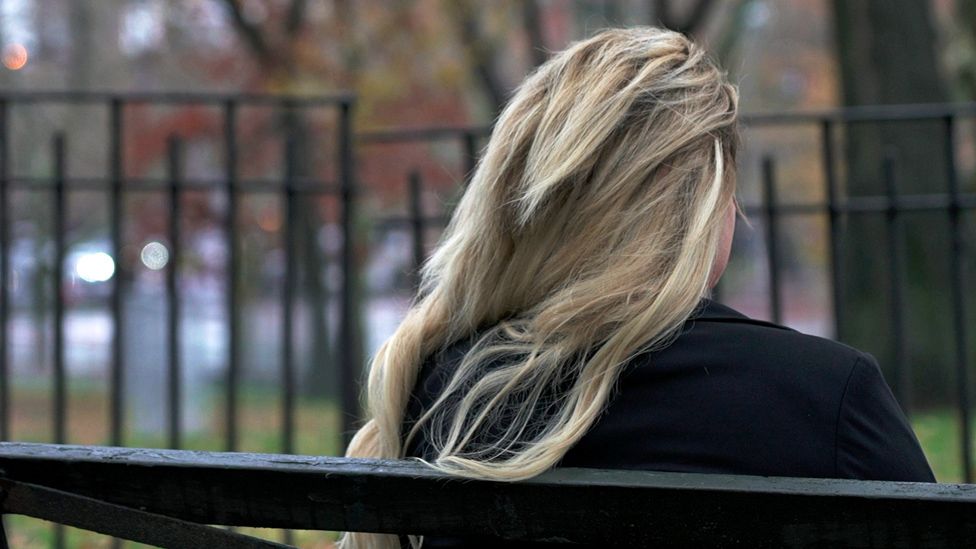-

-
-
Loading

Loading

Warning: This article discusses disturbing adult themes. Alice, also known as A.M., has spoken out for the first time after successfully forcing the infamous chat site, Omegle, to shut down. Alice, who launched a ground-breaking lawsuit against the platform, was randomly paired with a pedophile who turned her into his digital sex slave. After years of fighting for compensation, Alice settled out of court and demanded the closure of the website as part of the settlement. Alice's abuser, Ryan Fordyce, was sentenced to eight years in prison in Canada. He had collected numerous explicit images and videos of Alice from the age of 11, using coercion to make her perform sexual acts. Fordyce had also done the same to six other girls, three of whom he met on Omegle. Alice stated that Fordyce was able to manipulate her immediately, forcing her to do things that no child should have to do. Throughout her legal battle, Alice sought $22 million in compensation and wanted to take the case to a jury trial. However, she ultimately chose the out-of-court settlement, which led to the shutdown of Omegle. Omegle, launched by Leif Brooks in 2009, allowed users to video chat with strangers without age verification or much moderation. It gained a reputation as a platform for wild and sometimes sexual encounters. The site saw an increase in popularity during the pandemic, and investigations by the BBC revealed explicit behavior, including prepubescent boys touching themselves in front of strangers. Despite calls from child protection charities and the United Nations, Omegle ignored the issue. In a recent statement, Leif Brooks acknowledged the human cost of Omegle and thanked Alice for her role in bringing it to his attention. Alice expressed gratitude that Omegle no longer consumes her thoughts, but acknowledged that returning to normal life is impossible. Alice's case is significant because it holds a social media platform responsible for the harm caused by one user to another. Most social media lawsuits in the US are dismissed under Section 230, a protection law that exempts companies from being sued for user actions. Alice's attorneys argued that Omegle's design was defective and used a product liability angle to pursue the case. This case sets a new precedent in US law by holding a platform liable for child trafficking. The Internet Watch Foundation (IWF) welcomed the shutdown of Omegle, as it frequently dealt with harmful content from the site. It viewed Omegle as a dangerous website used by predators to groom and abuse children. Leif Brooks, the owner and founder of Omegle, has declined multiple requests for an interview and has not spoken publicly since 2016. In the investigation into his website, the BBC found that Brooks operated Omegle from his home in Florida with no registered staff. He claimed to have moderation systems in place, including AI and human moderators. Despite Omegle's closure, Alice acknowledges that her battle is not over. She and her legal team are preparing a case that could have significant consequences for social media companies.